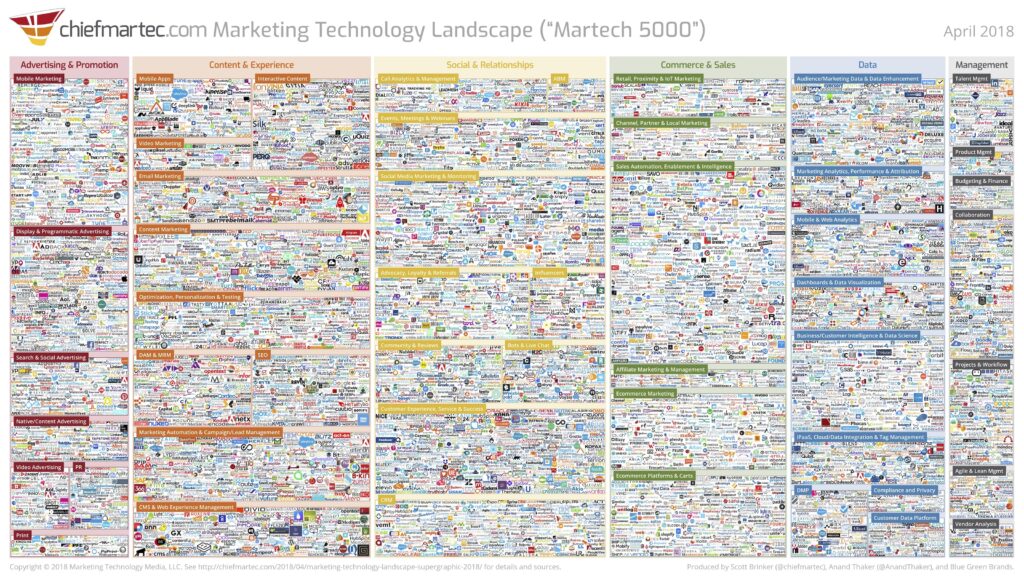It wasn’t too long ago that being a marketer in higher ed was a relatively easy job. Slap a happy, smiling student on an ad, place it within a relatively vanilla media plan, then sit back and watch the enrollment come in.
For most of us, we know those days are over. Students are much more price sensitive, parents are far more ROI focused (see ya, M.S. in Harry Potter Literature), the student loan crisis is looming, geopolitics are influencing enrollment trends, population changes are forcing schools to merge or shut down, and advertising channels are far more complex.
Is Michael Stipe finally right? (Who‘s Stipe???) Is this the end of life as we know it? Yeah, probably.
It’s not all doom and gloom, however. Even though Apple might not totally agree with this, the beauty of open architecture coding is that it relies on a collaboration of ideas in order to improve the final product. In the same spirit, no one can be expected to be an expert on all of the factors that are impacting our industry, so here at Volt, we’re trying to reach the people who have answers and are willing to collaborate.
At Volt, we know the daily issues that higher ed marketers are required to solve. We often ask how a generalist marketer could be prepared to deal with issues ranging from branding, direct mail, enrollment management, copywriting, automation, advertising, donor strategies, PR, video, social media, project management and more. And when the boss throws open your office door and demands to see marketing ROI, how can you demonstrate effectiveness? These are complex ideas that sometimes involve a detailed explanation—that’s why we created this publication.
Think about this for a second. Why did you decide to become a higher education marketer or communicator? Chances are it’s not because of a large paycheck. You probably took the job because you’re looking to make a difference in the world by helping your institution attract the right kind of student. You shouldn’t have to worry alone about the disruptive factors that are changing the industry. Together, we can work to overcome these challenges.
Let us know what you think. What topics would you like us to address? Who are players within the industry that you want to hear from? What’s not working within your marketing plan? Do you even bother with a formalized plan? Contribute to the cause. Start by reaching out and saying hi.





